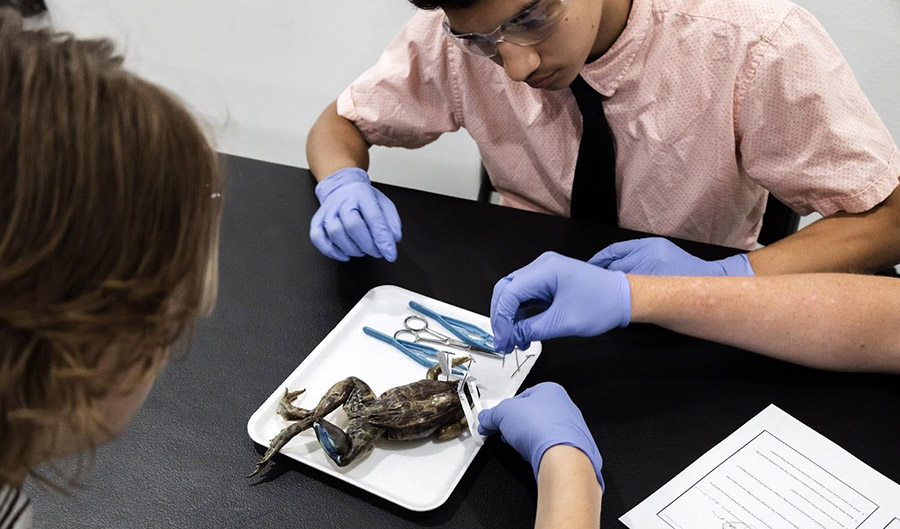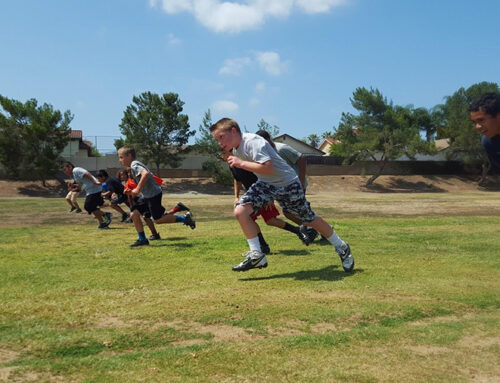In today’s world, the significance of exercise and fitness in the lives of children cannot be overstated. With the rise of technology, children are increasingly drawn to sedentary activities such as video games and social media, often at the expense of physical activity. However, incorporating regular exercise and fitness routines into a child’s daily schedule has profound benefits on their physical, mental, and emotional development. Let’s delve into the multifaceted advantages of promoting an active lifestyle for children.
Physical Health Benefits
One of the most obvious benefits of exercise is its positive impact on physical health. Regular physical activity helps children develop strong bones and muscles, enhances cardiovascular health, and maintains a healthy weight. Engaging in activities such as running, jumping, and playing sports increases bone density, which is crucial for growing children. Furthermore, exercise strengthens the heart and improves circulation, which in turn boosts overall energy levels and endurance.
Obesity is a growing concern among children worldwide, with significant health implications. Regular exercise helps combat obesity by burning calories and building muscle mass, which increases metabolism. By instilling the habit of regular exercise early on, children are more likely to continue these healthy practices into adulthood, reducing their risk of chronic diseases such as diabetes, heart disease, and certain cancers.

Mental and Cognitive Development
The benefits of exercise extend beyond physical health to include mental and cognitive development. Physical activity has been shown to enhance brain function, improve concentration, and boost academic performance. When children engage in exercise, their brains receive increased blood flow and oxygen, which helps in the growth of new brain cells and the formation of neural connections. This process, known as neurogenesis, is particularly beneficial in the areas of the brain responsible for learning and memory.
Studies have demonstrated that children who participate in regular physical activity tend to perform better academically. Exercise has been linked to improved attention, faster cognitive processing speed, and better problem-solving skills. Physical activity also promotes better sleep, which is essential for cognitive function and overall well-being.
Emotional and Social Benefits
Exercise and fitness also play a crucial role in the emotional and social development of children. Physical activity is a natural mood enhancer; it stimulates the production of endorphins, which are chemicals in the brain that act as natural painkillers and mood elevators. This can help reduce symptoms of anxiety and depression, promoting a sense of well-being and happiness.
In addition, participating in group sports and physical activities fosters social interaction and teamwork. Children learn important social skills such as communication, cooperation, and empathy. These interactions help them build friendships, boost self-esteem, and develop a sense of belonging. The confidence gained from mastering a physical skill or achieving a fitness goal can also translate into other areas of life, encouraging children to tackle new challenges with a positive attitude.
Building Healthy Habits
Encouraging children to engage in regular physical activity helps establish healthy habits that can last a lifetime. By creating a routine that includes exercise, parents and educators can instill the value of physical fitness and its benefits. This can be achieved by making physical activity a fun and integral part of daily life. Moreover, children often mimic the behaviors of their parents and caregivers. When adults model an active lifestyle, children are more likely to adopt similar habits. Schools and communities can also support this by providing safe and accessible spaces for physical activity and incorporating physical education programs that emphasize the importance of fitness.
The benefits of exercise and fitness on child development are extensive and multifaceted. From improving physical health and enhancing cognitive function to promoting emotional well-being and fostering social skills, regular physical activity is essential for the holistic development of children. By prioritizing exercise and making it a fun, engaging, and routine part of daily life, we can ensure that children grow up healthy, happy, and well-prepared for the future. In a world where sedentary lifestyles are becoming more common, it is more important than ever to encourage children to get moving and experience the myriad benefits of an active lifestyle.
The Boost Alternative School for Student Athletes (BASS) is a private school sports academy, located in Corona Ca, that prioritizes long term athletic development. Fitness and nutrition are integral parts of our program and can have a positive impact on young athletes’ lives. This is also in alignment with our core belief that sports make kids better. For more information you can reach out at bassedu.org.

Owner, Boost Training Systems in Corona, CA
Level 1 & 2 Coach Bommarito Performance
CSCS, USAW




















